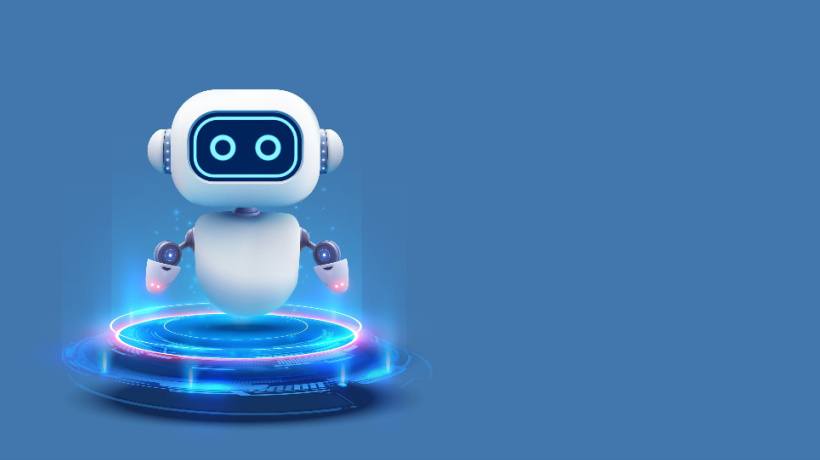Why Computer Programming & Coding Is Not Dead

In 2013, Codecademy’s Co-Founder Zach Sims appeared on The Colbert Report to talk about our mission to teach everyone to learn to code. An incredulous Stephen Colbert posed a prescient question: “Why do I need to understand that? Can’t I just say, ‘Siri, code for me.’”
Fast forward 12 years, and it’s still a daunting question. Why learn to code when you can just ask ChatGPT or another AI tool to code for you? We have a few thoughts.
It’s no exaggeration to say that a transformative industry shift is underway. AI is laced into practically all the tools we rely on to work, live, and interact with the world. Learning how to confidently navigate the AI-driven world is absolutely essential for anyone hoping to thrive in it.
At Codecademy, we’re taking everything we learned from creating the best possible coding education platform to create the best possible AI education platform. This month, we’re launching new courses and case studies that break down the algorithms and systems powering AI innovations — so you can practice the skills you’ll need to get ahead and embrace new opportunities. We’re also leveraging AI within our product. We’re adding new features that make it easier to pick up concepts, get feedback, and reach your coding goals.
Read on to learn more about our approach to AI, why we’re convinced that coding is not dead, and how we’re preparing the next generation of developers (like you) to visualize and shape the future.
AI will make working with computers more accessible
Programming, at its core, is just the mental process of thinking up instructions to give to a machine. Computers today can understand lots of different kinds of commands, from English-like statements that you write in Python, to drag-and-drop Blockly blocks, and even your own speech.
Working with computers has become highly accessible and much more intuitive over the years — and thank goodness for that. Can you imagine if you had to feed a machine physical punch cards with rows of numbers every time you wanted to write a line of code? An engineering sprint would feel like a marathon, and learning to code would seem like a monotonous chore or a deeply obscure hobby.
Learn something new for free
A detail that tends to get lost in the conversation about AI and development is that there’s a difference between coding and programming. Coding is transforming ideas into a written language that a computer can understand. Programming is the broader task of determining instructions to give to a computer so it can execute a task. Programming languages are the medium that humans use to “talk” to a machine.
AI is just the latest technological advancement that humans have unlocked to improve programming efficiency. Human-machine interactions now feel much smoother and practically seamless, because AI can simplify complex tasks and streamline our experiences. And coding, a key step in the programming process, has an ease and clarity that didn’t exist before. Someday in the future, coding by typing letters and symbols on a keyboard one by one might look as old fashioned as using punch cards. But that doesn’t mean that programming is dead — in fact, it’s quite the opposite.
Learning to program is more important than ever
Coding as we know it now could fade into obsolescence, or at least change drastically to the point where it’s unrecognizable. Learning to program, on the other hand, is becoming an increasingly vital skill, because it enables us to participate in the world around us. When you think about it, interacting with an AI system could be considered a type of “programming.” You need to know how to engineer a prompt so that ChatGPT can generate the most relevant response and how to assess and contextualize the chatbot’s replies. (We’re launching new courses that’ll teach you the art of prompt engineering, like Prompt Engineering for Marketing.)
Human developers are leveraging AI tools to cut out the tedious parts of writing code, like checking syntax, looking up documentation for a function, or debugging. In the 2023 Stack Overflow Developer Survey, 44% of professional developers said they use AI tools in the software development process. And why wouldn’t they? AI tools boost productivity and can speed up the learning process.
Incorporating AI tools also helps free up your mental resources so you can focus more on the meaningful parts of development, like critical thinking and collaborating. A survey from GitHub found that when developers used the AI pair programming tool GitHub Copilot in their work, they were 88% more productive, and felt more satisfied and fulfilled about their jobs in general.
Using AI as part of your workflow isn’t cutting corners. It’s a sign of resourcefulness, creativity, and problem solving — soft skills that you need to succeed in any technical role. Rather than having these AI systems take over people’s jobs, over time AI could improve a developer’s career longevity and make programming more sustainable and rewarding.
Codecademy’s approach to AI
We’re committed to using AI to benefit our community and learners, all while mitigating the potential risks and negative impacts. We recently published Codecademy’s responsible AI principles that we’re using to guide the work we do in AI. Promoting a culture of fairness, accountability, and transparency in AI is important to us, because we want our learners and community members to be able to experience AI in a safe and honest way.
This month, we’re rolling out brand new courses that cover the most pressing topics in the AI space today, including a beginner-friendly Intro to Generative AI course. You can get started now with our new case studies that teach you how to use ChatGPT to resolve code issues and create unit tests so you can be a more efficient and informed developer. We also have case studies that showcase how people in professions outside of tech can take advantage of ChatGPT to write sales emails and create text that’s suitable for various reading levels.
All the while, we’re using AI to improve the Codecademy experience so we can continue our mission of empowering inspiring careers in technology.


